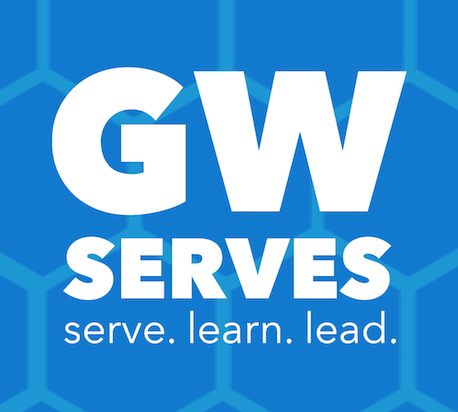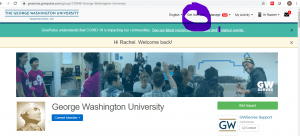The Council on Undergraduate Research will be waiving their membership fee and allowing free access to all of their services until April 30th. Setup your account here!
CUR, a membership organization that works to increase the undergraduate research capacity for faculty and students at campuses across the country, are aiming to provide greater assistance to both students and faculty during this difficult time. The organization provides an online community for support and collaboration. The membership also grants access to many journals and online resources.
This access comes at a great time in the semester, as final papers and projects are right around the corner. For students, the CUR membership could provide a plethora of resources to complete these assignments. It could even assist in finding a journal to submit a paper to for publishing.
Be sure to take advantage of this opportunity!












